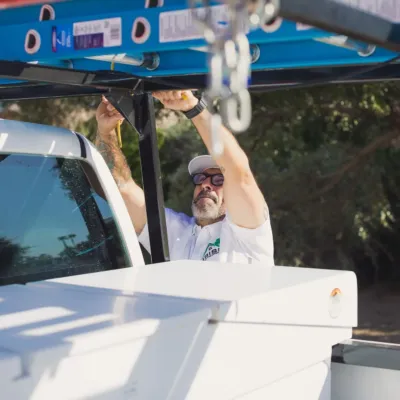
Reasons TPO Roofing is a Popular Choice for Commercial Buildings
Professional commercial roofing contractors recognize numerous advantages that make TPO an excellent option for modern construction and renovation projects.
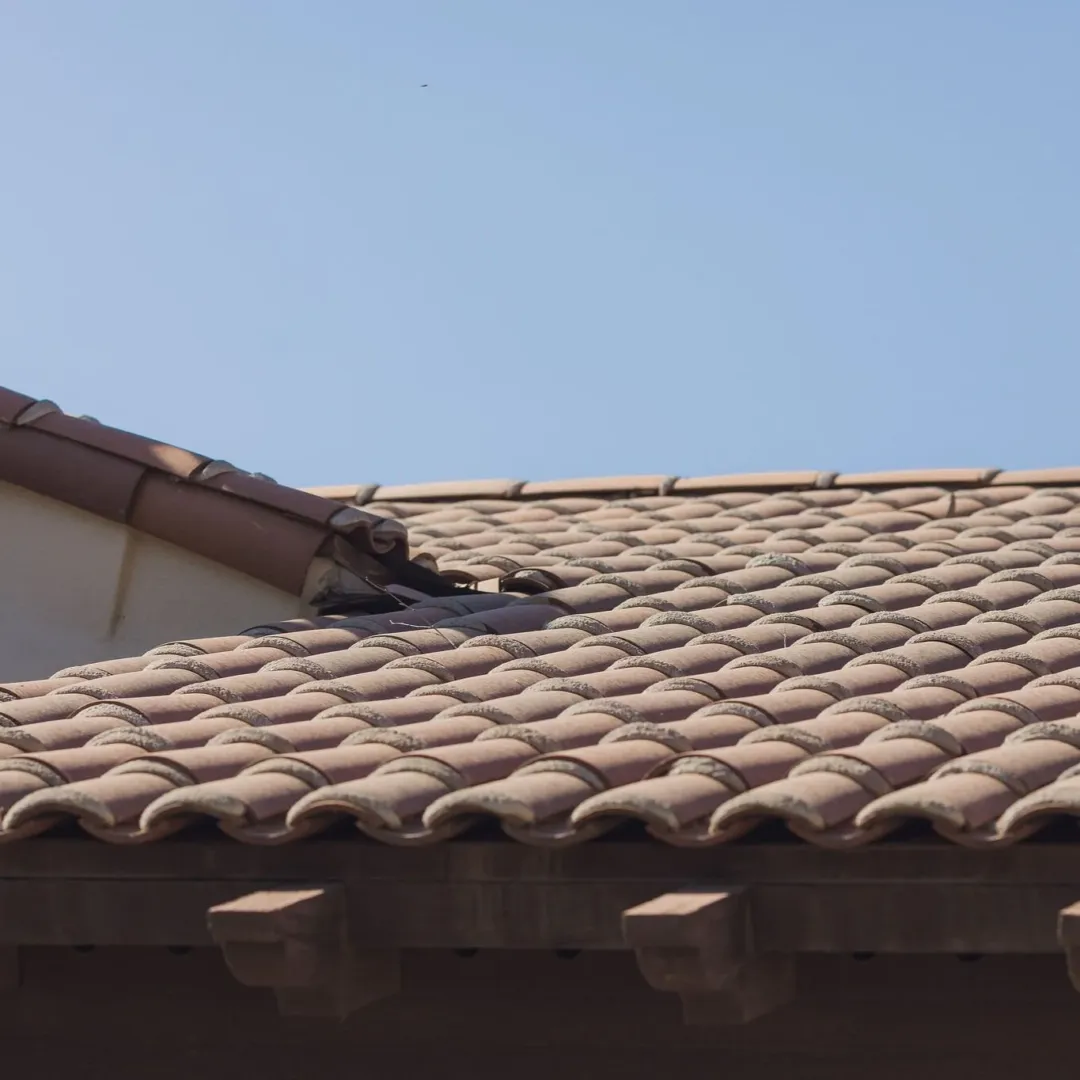

Commercial building owners want a robust roofing system to protect their property from different environmental elements. A roof is a significant investment. When looking to install a new commercial roofing system or re-roof their existing roofs, property owners feel confused and overwhelmed as they wade through the wide variety of material options available.
It gets tough to choose the best commercial roofing system as each has its strengths and weaknesses. The right material choice largely depends on the budget, personal preference, and specific building needs. It is essential to review all the options carefully before making the final decision.
We will consider the pros and cons of the most popular commercial roofing systems to help building owners choose the best option:
Metal roofs are among the longest-lasting roofing systems. While galvanized steel is the widely-used metal roofing material, other popular options include zinc, tin, copper, and aluminum. Several manufacturers combine different metals and coat or cover them with different materials for extra protection from rust, sun exposure, and rain. The shape and design of a metal roof depend on the slope, penetrations, and architectural features.
Durable and long-lasting (50 years or more)
Easy installation and minimal maintenance requirement
High resistance to snow, mold and mildew, UV rays, fire, and rain
Low carbon footprint
Recyclable
Aesthetically pleasing and provide a high-end look
Available in varied styles, colors, and finishes
Highly energy-efficient
High installation cost
Not suitable for buildings requiring several penetrations
Susceptible to dents from foot traffic or hail
Lack of sufficient insulation can cause it to produce loud noises during rain or hail storms
Improper installation can cause leaks
Built-up roofs have been a popular commercial roofing choice in the country for over a century. It consists of alternating layers of materials like tar and asphalt piled over each other to achieve the desired thickness and a top coat of gravel or stone.
Long lifespan
Great functionality
Ease of maintenance and cost-effective repairs
Low installation cost
Resistance to heat and UV damage makes them more energy efficient
Strong enough to withstand high foot traffic
Excellent waterproofing properties makes them less prone to leaks
Not suitable for too cold climates
Hard to detect leaks due to multiple layers
Heavy
Lengthy installation process
Emit hazardous fumes and vapors during installation
Aesthetically not very pleasing
Single-ply roofs are available in an array of price, thickness, design, and style options. EPDM commercial roofs made from rubber and TPO or PVC roofs made using plastic compounds are the popular single-ply commercial roofing systems.
Inexpensive
Flexible and lightweight
Low utility costs due to better reflective properties
Non-toxic
Resistant to hail, wind, thermal shock, peeling, and cracking
Sustainable
Prone to leaks
Vulnerable to punctures and damage from debris and foot traffic
EPDM and PVC roofs are incompatible with asphalt
Black EPDM roofs can raise the energy bills
TPO roofs shrink over time
Knowledge of different commercial roofing materials helps you make an informed decision and saves money in the long run. Contact a roofing company for assistance in choosing the right commercial roofing system and ensure its proper installation.
Irish Roofing Company offers commercial, flat roofing, rolled roofing, TPO, roof coating, and protech products to Scottsdale business owners. We offer ethical and professional services.

Professional commercial roofing contractors recognize numerous advantages that make TPO an excellent option for modern construction and renovation projects.
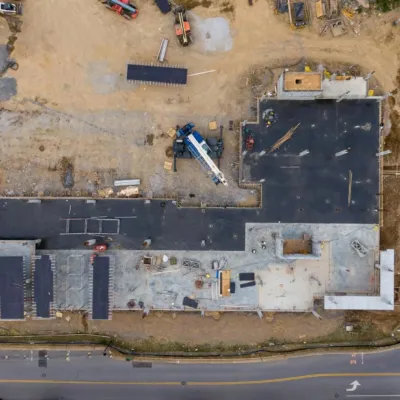
Commercial roofing experts utilize specialized formulations designed for maximum durability in demanding conditions.
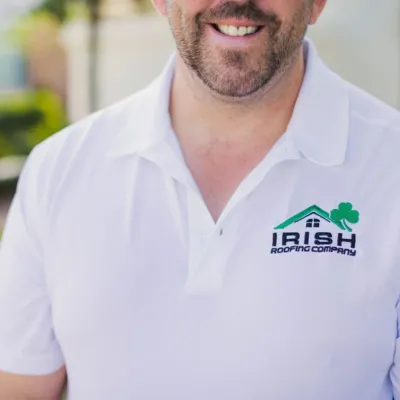
Composed of specialized materials designed to protect and enhance roofing systems, these coatings create a seamless, protective layer across roofing surfaces.
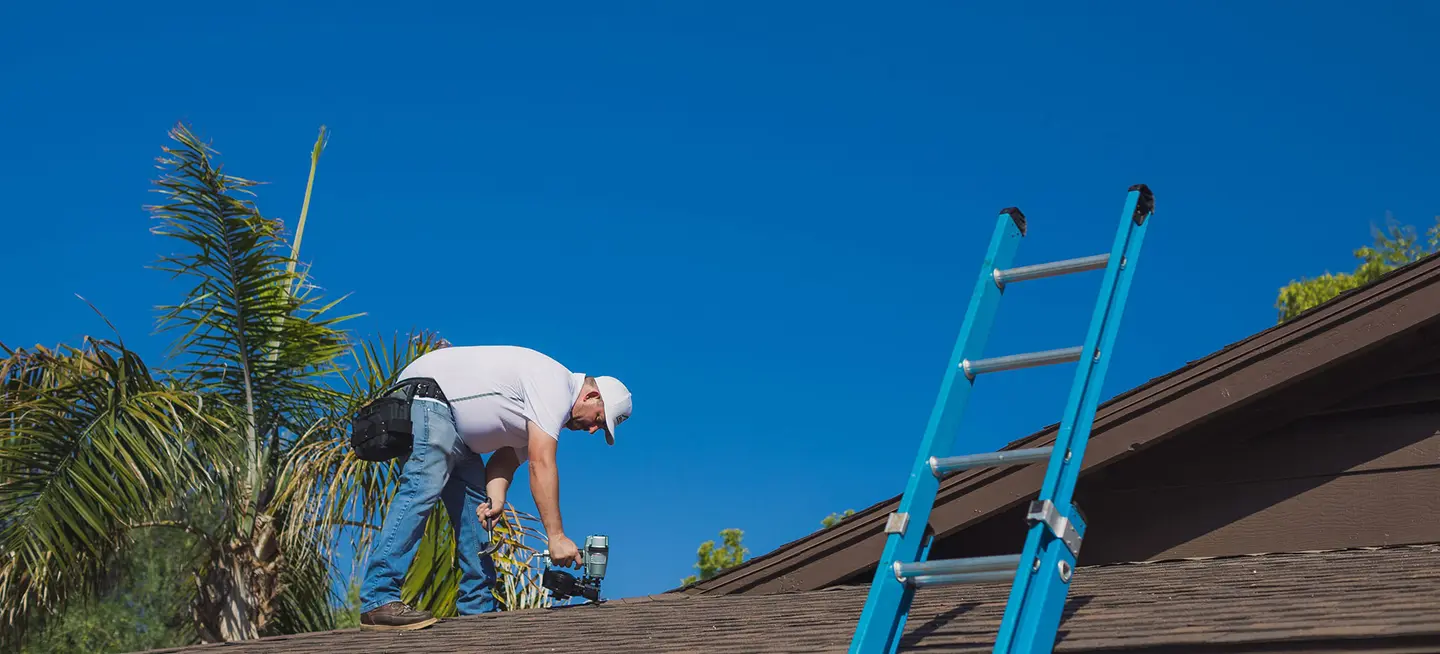
We offer solutions for every roof and budget. Call today for a quote. Whether it’s a roof installation, roof repair, or roof maintenance, our team is ready to help.